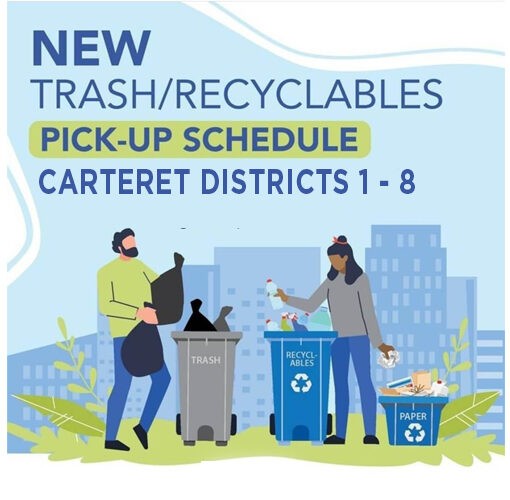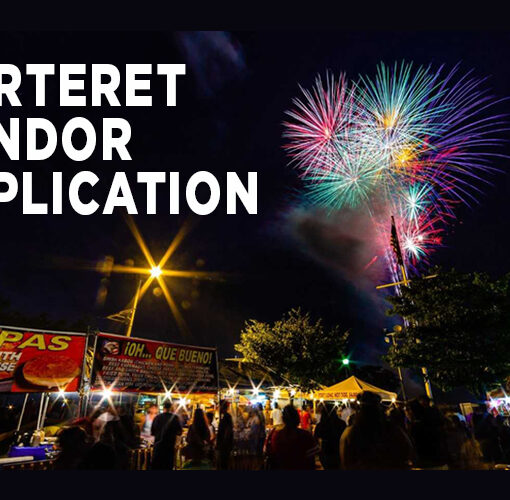Carteret, NJ – Mayor Daniel J. Reiman has announced that U.S. Metals Refining Company (USMR), a subsidiary of Freeport McMoRan Copper and Gold (Freeport), has entered an agreement with the Borough to investigate and clean up potential contamination on public and private properties in the area surrounding USMR’s former smelter site.
“For more than twenty years, potential contamination of neighboring properties from the smelter’s emissions has been suspected but not properly investigated,” Mayor Reiman said. “Under this agreement, Carteret is making sure that any contamination from the plant is found quickly and cleaned up.”
The agreement is a “standstill agreement,” prompted by the Borough’s formal notice to Freeport on April 26, 2012, that the former USMR site, at 300 Middlesex Avenue, presents an “imminent and substantial” danger to the community that must be addressed under the Federal Resource Conservation and Recovery Act (RCRA). The RCRA law requires notice to the polluter and to the federal and state governments at least ninety days before commencing a lawsuit. The letter prompted direct negotiations that culminated in an agreement on November 26, 2012.
“I am pleased that Freeport, which acquired USMR and inherited this problem site, is stepping up to its responsibilities to the community and to the environment,” Mayor Reiman said. “The Borough is going to be closely involved so that the investigation and any cleanup are thorough and complete.”
Under the agreement:
- USMR must investigate and clean up public and private properties around the site that may have been contaminated by operation of the U.S. Metals smelter, under the oversight of either the United States Environmental Protection Agency (USEPA) or the New Jersey Department of Environmental Protection (NJDEP).
- USMR must clean up any site showing contamination linked to the smelter.
- The Borough can withdraw from the agreement and proceed with its lawsuit if the Borough and USMR disagree about the extent of investigation and cleanup required.
- The Borough can withdraw from the agreement and proceed with its lawsuit if USMR fails to clean up any properties with contamination linked to the USMR smelter.
- USMR must pay a total of $1 million to the Borough over the 5 year life of the agreement to cover the costs of oversight and other direct and indirect costs associated with the site. USMR already has paid the first installment.
The Borough and its experts already are reviewing USMR’s initial sampling plan, and testing of approximately sixty public and private properties for hazardous substances is expected to begin in four to six weeks, weather permitting.
“I commend Freeport for working with us to get the investigation and cleanup moving and to make sure the Borough’s taxpayers are relieved of any burdens from the site,” Mayor Reiman said. “I also look forward to working with the company on redeveloping their remaining properties so that they can strengthen the Borough’s tax base and economic future.”
Mayor Reiman said that even though federal and state cleanup rules require polluters to track down off-site pollution, USMR was never asked to investigate nearby properties for contamination until late December, when NJDEP was alerted to the issue by reporters from the Gannett news organization. Gannet later reported a pattern of neglect by federal and state regulators when dealing with cleanup surrounding former smelter sites.
USMR operated a smelter, a lead plant, and other metal refining operations on the site from 1903 to 1986, and first entered a consent order agreeing to clean up the site on January 22, 1988. In a 2009 case involving a dispute over cleanup responsibility for the site, U.S. Senior District Judge Dickenson Debevoise found that the USMR “smelter spewed forth enormous amounts of contaminating materials,” and that “[e]ven after controls were put in place the controls were inadequate, defective, and often non-functional.”
Bradley Campbell, the Borough’s special counsel and a former commissioner of NJDEP and regional administrator of USEPA, negotiated the agreement on behalf of the Borough.




